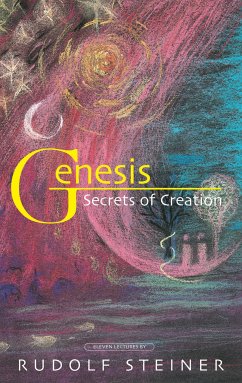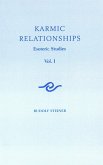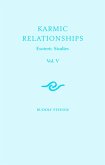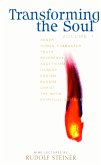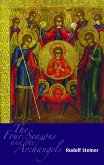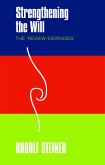In this extraordinary document, Steiner speaks of the six days of creation as a reawakening of the previous phases of the Earth's development. He describes the work of mighty spiritual entities called the Elohim, and how they co-operated with other spiritual hierarchies in the creation of Earth. He also clarifies the relationship of the Elohim and the biblical Jehovah.
In addition, Steiner discusses themes of light and darkness, the meaning of Adam and Eve, the 'day of rest' on the seventh day, the stages of human development on Earth, and the special character of the Hebrew language. Also featured in this new edition is a previously unpublished introductory lecture on the meaning of mystery drama.
Dieser Download kann aus rechtlichen Gründen nur mit Rechnungsadresse in A, B, BG, CY, CZ, D, DK, EW, E, FIN, F, GR, H, IRL, I, LT, L, LR, M, NL, PL, P, R, S, SLO, SK ausgeliefert werden.

